Search
Search within Democratic Republic of Congo
231 results found
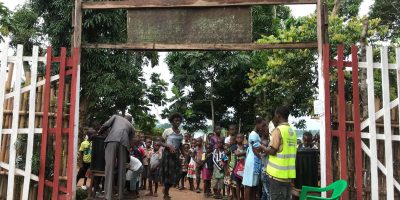
Briefings
UNICEF Annual Report 2015, Democratic Republic of Congo
Despite noticeable progress in some dimensions of children’s rights and significant Gross Domestic Product (GDP) growth, the Democratic Republic of Congo (DRC) is a challenging place for most children and their families, particularly for those living in conflict-affected and hard-to-reach areas. The national…
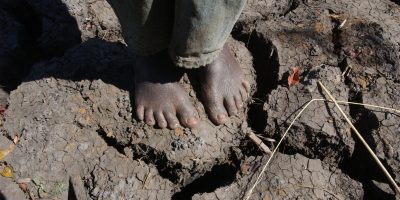
Background Reports
The Pygmy Mimic
The Pygmy mimic is an extremely persistent colonial trope that continues to inform contemporary anthropological understandings of Africa’s Pygmy populations. Mimicry is now understood as being a key component of the social reproduction of a distinct Pygmy way of being.…
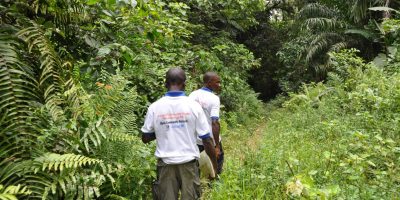
Background Reports
Briefings
Securing Forest Peoples’ Rights and Tackling Deforestation in the Democratic Republic of Congo: Deforestation Drivers, Local Impacts and Rights-Based Solutions
Deforestation and forest degradation have increased in the Democratic Republic of Congo (DRC) despite the government’s commitment to safeguard its forests. Commercial and industrial-scale activities represent major direct long-term threats to the forests. By contrast, the traditional livelihood strategies of indigenous and…
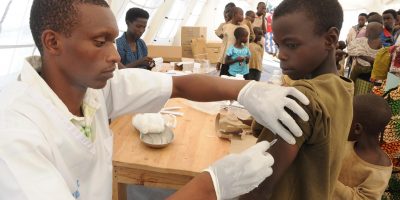
Background Reports
Briefings
Revitalizing Health for All: Case Studies of the Struggle for Comprehensive Primary Health Care
While impressive medical and technological developments have improved health care around the world, improvements in health have been moderate and inconsistent across countries and communities. In response to this challenge, the World Health Organization outlined the concept of comprehensive primary health care, which…
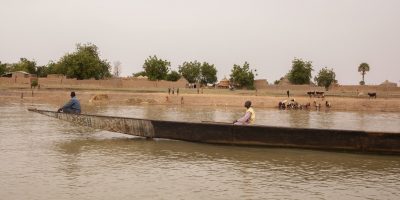
Background Reports
Briefings
Preliminary Assessment of Lake Ntomba Fisheries
In May 2007, a WorldFish team traveled to the Lake Télé-Lake Ntomba Landscape in the Democratic Republic of Congo to conduct a preliminary assessment of the Lake Ntomba fishery. Primary data were collected through rapid rural assessment techniques in seven…

Background Reports
NGO Report on Indigenous Pygmy Peoples: Universal Periodic Review of the Democratic Republic of Congo
This alternative report has been prepared by non-governmental organisations of indigenous Pygmy peoples and their supporters: 15 non-governmental organisations that work with indigenous peoples of the Democratic Republic of Congo (DRC). Its aim is to present a picture of the situation of…
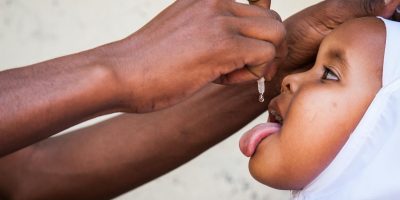
Background Reports
Local Perceptions of Cholera and Anticipated Vaccine Acceptance in Katanga Province, Democratic Republic of Congo
In regions where access to clean water and the provision of a sanitary infrastructure has not been sustainable, Cholera continues to pose an important public health burden. Although oral Cholera vaccines (OCV) are effective means to complement classical Cholera control…
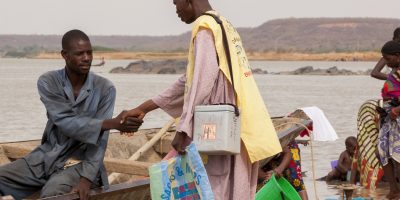
Background Reports
Knowledge, Attitudes and Practices (KAP) Study to Investigate the Health System of Circonscription Socio-Sanitaire (CSS) Ignié Ngabé, Department of Pool, Republic of Congo
It is important to understand a population’s health behaviours and their underlying determinants such as knowledge, attitudes and beliefs related to health, when we seek to deliver appropriate health care services that may increase health service utilization and ultimately population health.…

Background Reports
Institutional Choice and Fragmented Citizenship in Forestry and Development Interventions in Bikoro Territory of the Democratic Republic of Congo
Substantive citizenship is the ability of an individual to influence those who govern. In order to assess this ‘ability’, this study examined the powers of sanction possessed by individuals or groups and the accountability mechanisms at their disposal in three villages in…
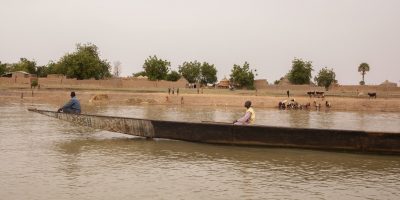
Background Reports
Food Strategy of Batwa Pygmies in Lake Tumba Landscape, Democratic Republic of Congo
The Pygmies are knowledgeable of the virtues of the biodiversity of their environment, including the food value ofthese species. This study report on food strategy developed by the Batwa and is based on a rich biodiversity. The authors conducted a household…

Background Reports
Cultural Transmission of Traditional Ecological Knowledge among Batwa Pygmies and Ntomba Bantou in Lake Tumba Landscape, Democratic Republic of Congo
This paper is a case study which aims to examine how today’s techniques related to different livelihood activities, but also in the social field, are acquired and transmitted among Batwa (pygmies) and Ntomba (bantou) communities living in the two villages (Moheli…
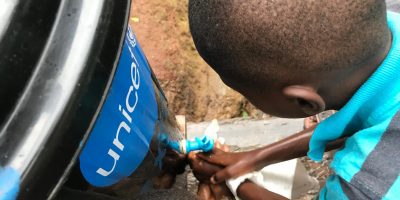
Background Reports
Comparing Sociocultural Features of Cholera in Three Endemic African Settings
Cholera mainly affects developing countries where safe water supply and sanitation infrastructure are often rudimentary. Sub-Saharan Africa is a Cholera hotspot. Effective Cholera control requires not only a professional assessment, but also consideration of community-based priorities. The present work compares…


